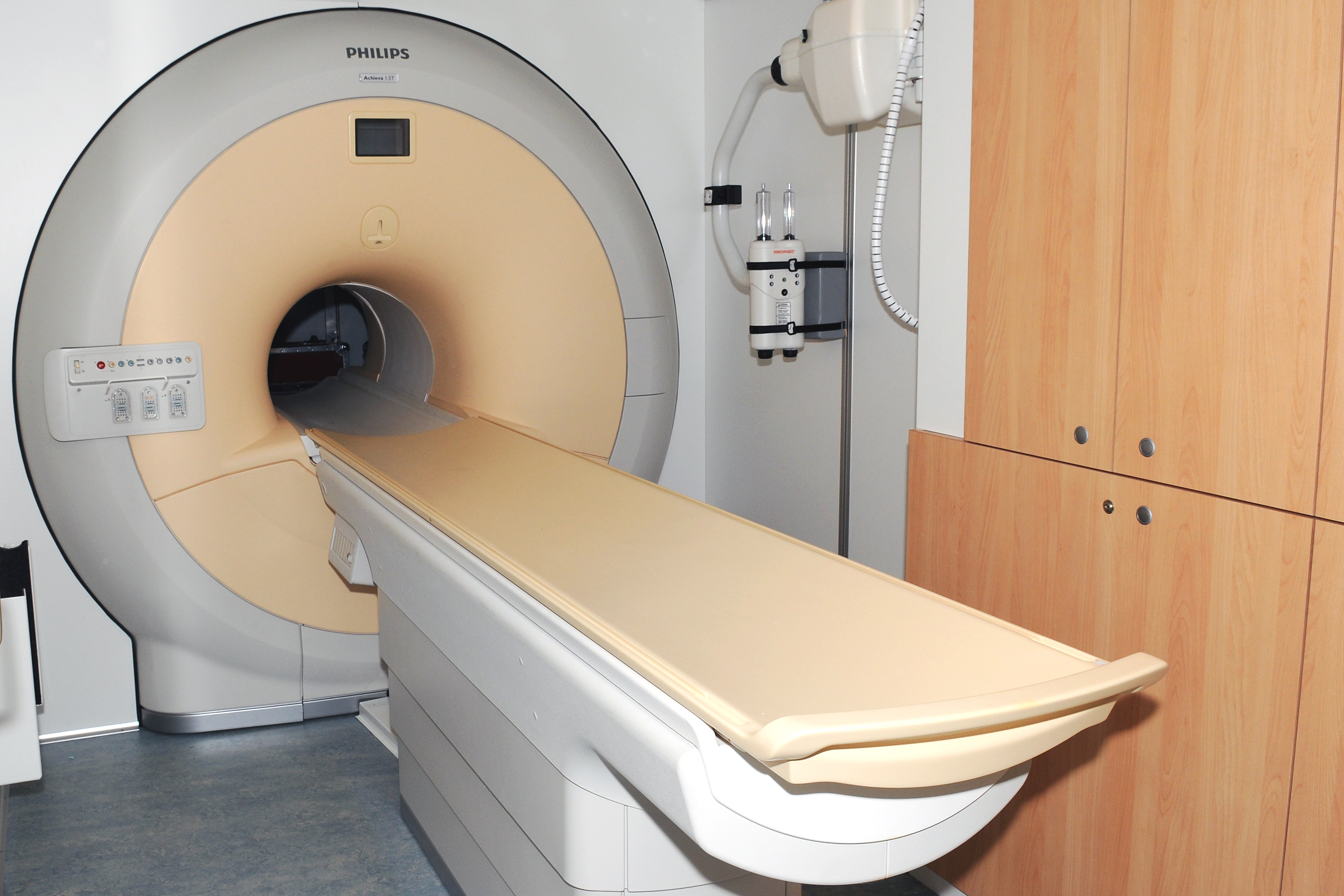Investing in the stock market can be a complex and daunting task, especially when it comes to choosing the right sector to invest in. One sector that has been gaining attention in recent years is healthcare real estate investment trusts (REITs).
These unique investment vehicles allow investors to capitalize on the growing demand for medical facilities while also benefiting from the stability of real estate assets. In this article, we will explore the ins and outs of healthcare REITs, their advantages and risks, and highlight three top healthcare REITs worth considering in 2023.
Whether you’re a seasoned investor or just starting out, understanding these opportunities can help you make informed decisions and potentially grow your portfolio.
So let’s dive in!
Understanding Healthcare REITs
Healthcare REITs are specialized companies that own and manage properties in the healthcare industry, such as hospitals, medical office buildings, senior living facilities, and rehabilitation centers. They lease these properties to healthcare providers under long-term contracts, generating stable rental income for shareholders.
These REITs distribute at least 90% of their taxable income as dividends to shareholders, often offering attractive dividend yields compared to other types of investments.
With the growing demand for healthcare services due to aging populations and advances in medical technology, investing in healthcare REITs provides an appealing opportunity for long-term growth.
Investing in healthcare REITs offers advantages such as indirect exposure to the healthcare sector without operational risks. It also provides diversification within a real estate portfolio and stable rental income from reputable healthcare providers.
Overall, understanding healthcare REITs can lead to a promising investment option with potential for consistent returns.
Advantages of Investing in Healthcare REITs
Investing in healthcare real estate investment trusts (REITs) offers several advantages for investors. These include:
- Stable Income: Healthcare properties have long-term leases with built-in rent escalations, providing a predictable stream of rental income even during economic downturns.
- Potential Capital Appreciation: The growing need for medical facilities can lead to the appreciation of healthcare properties over time, offering both dividend income and capital gains.
- Diversification: Healthcare REITs offer exposure to a different asset class, reducing portfolio risk and providing diversification benefits compared to traditional real estate sectors.
- Demographic Tailwinds: The aging population and advancements in medical technology drive increased demand for healthcare services, making healthcare REITs well-positioned for long-term growth.
Investing in healthcare REITs provides stability, potential for growth, diversification, and opportunities aligned with demographic trends.
Risks of Investing in Healthcare REITs
Investing in healthcare Real Estate Investment Trusts (REITs) comes with certain risks that should be carefully considered. Regulatory uncertainty, such as changes in healthcare regulations or reimbursement policies, can impact the financial performance of healthcare providers and, consequently, the rental income generated by healthcare REITs.
Interest rate sensitivity is another risk to be aware of, as rising interest rates can increase borrowing costs and potentially affect profitability and stock prices. Additionally, tenant concentration risk is important to evaluate since a significant portion of rental income may depend on a few major tenants.
Financial difficulties or lease terminations by these tenants could negatively impact the cash flow and overall performance of the REIT. Thorough research and analysis are essential to mitigate these risks before making investment decisions.
| Risks of Investing in Healthcare REITs |
|---|
| – Regulatory Uncertainty |
| – Interest Rate Sensitivity |
| – Tenant Concentration Risk |
Three Healthcare REITs to Consider in 2023
When it comes to investing in healthcare real estate investment trusts (REITs), three top picks for 2023 are Community Healthcare Trust (CHCT), CareTrust REIT (CTRE), and Medical Properties Trust (MPW).
CHCT specializes in owning and leasing properties for outpatient healthcare services, with a focus on medical office buildings and clinics. Their diversified portfolio across multiple states, long-term leases, and geographically diverse holdings offer stability and growth potential.
CTRE primarily owns and leases senior housing and skilled nursing facilities. With a strong track record of acquiring high-quality properties in attractive markets, they are well-positioned to benefit from the increasing demand for senior care services.
MPW is a global leader in hospital real estate, owning and leasing hospitals across the United States and internationally. Their portfolio includes general acute care hospitals and specialized facilities, providing diversification within the healthcare REIT sector.
Consider these three healthcare REITs – CHCT, CTRE, and MPW – for potential investment opportunities in 2023.
Related Investing Topics
When it comes to investing, healthcare REITs are just one aspect of the broader investment landscape. Here are some related topics worth exploring:
- Real Estate Investment Trusts (REITs): Learn about different types of REITs beyond healthcare, such as residential, commercial, or industrial.
- Dividend Investing: Discover strategies for building a portfolio focused on dividend-paying stocks or funds.
- Sector Investing: Explore other sectors that align with your goals or offer unique opportunities.
- Risk Management: Understand techniques to manage risk in your portfolio.
- Market Trends: Stay updated on current trends that may impact your investment decisions.
By expanding your knowledge on these topics, you can become a more informed investor with a well-rounded approach to managing your investments. Remember to conduct thorough research, assess your risk tolerance, and consult with a financial advisor before making any investment choices.
Happy investing!
[lyte id=’i5jRYPSzOY0′]



.jpg/120px-Sailor_Stocks_Medical_Supplies_(49758153271).jpg)